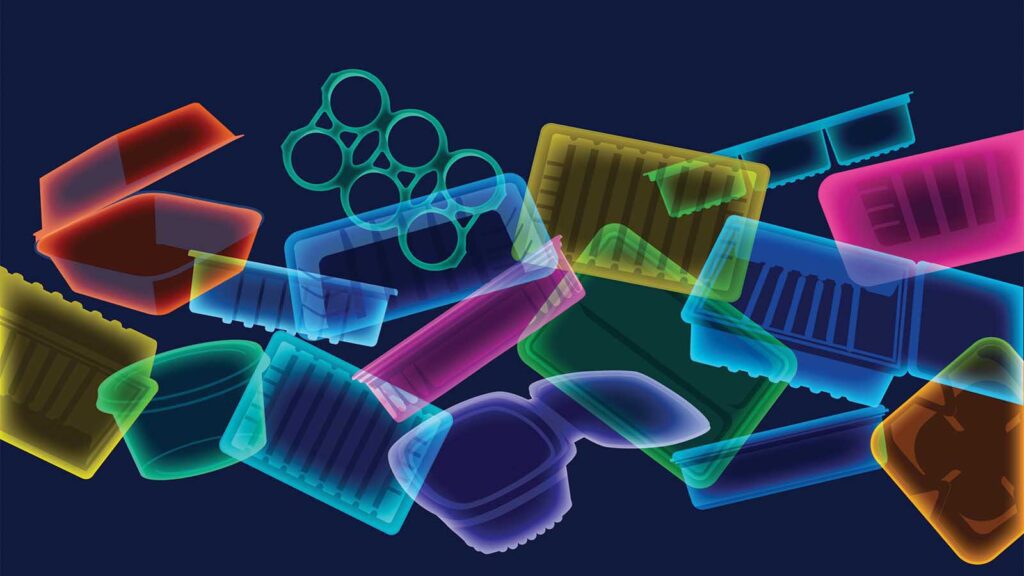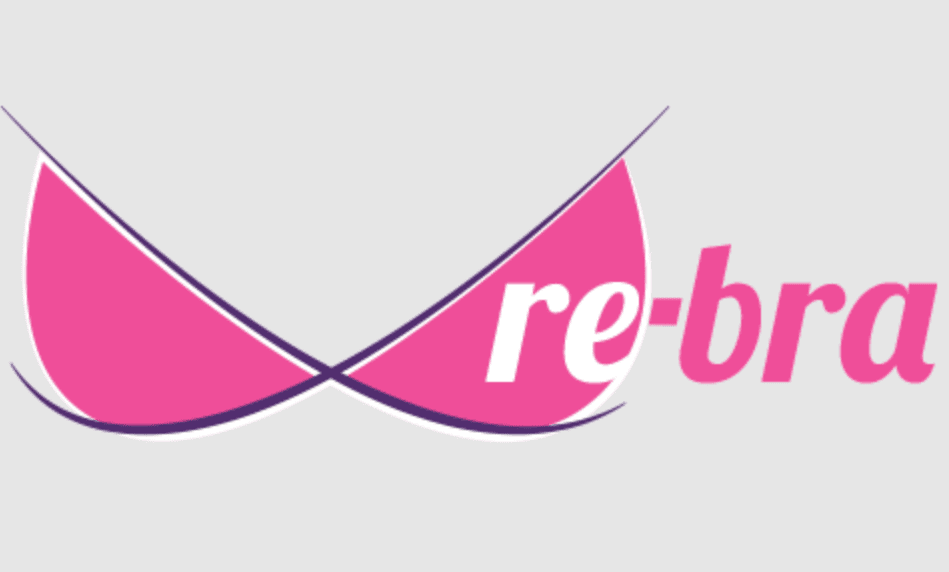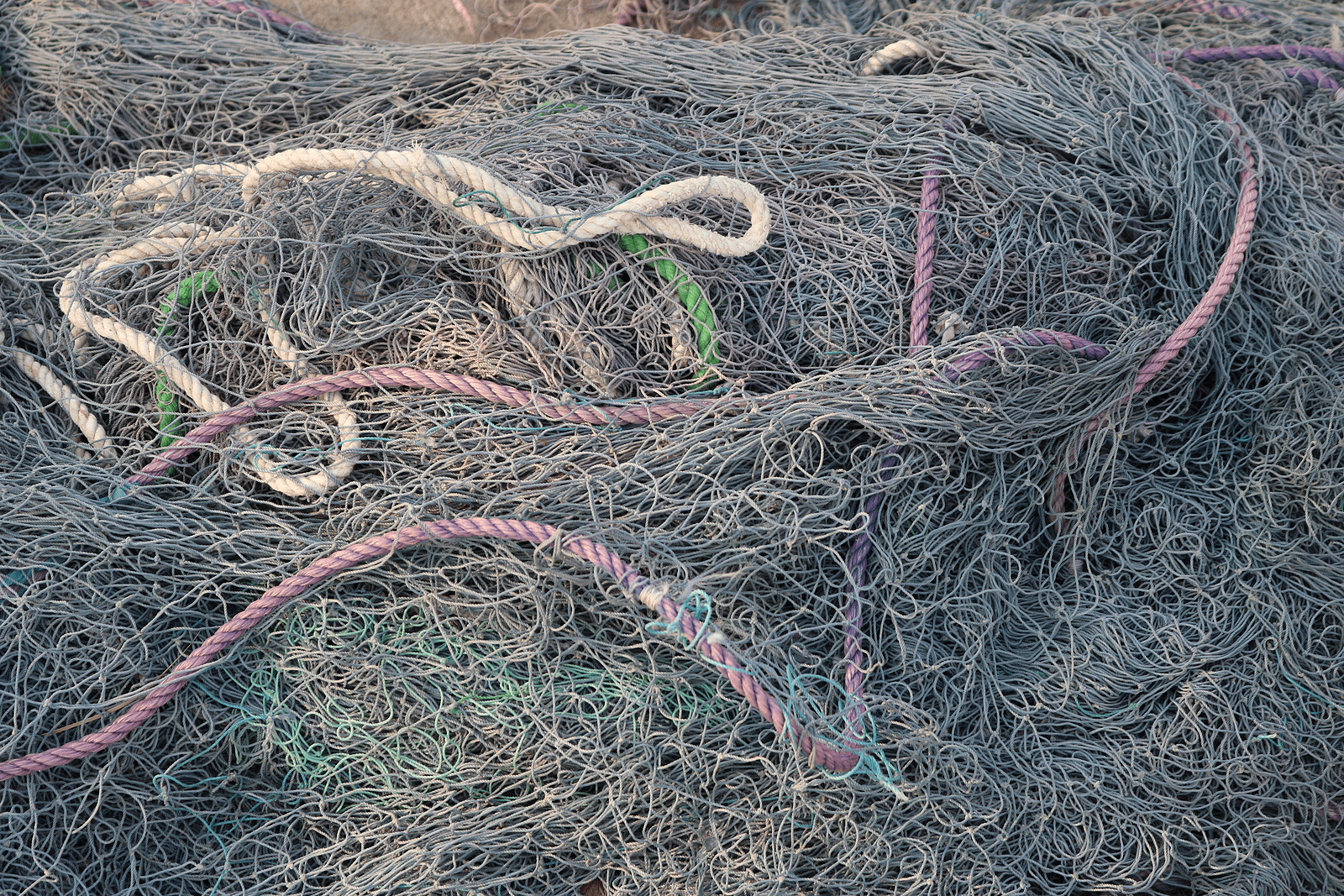I recently had the privilege of chatting with Julia Kepniss on my podcast The Lexy Show: Fashion That Gives A Damn, Director of Strategies and Programs at the Brem Foundation, a nonprofit dedicated to defeating breast cancer through early detection, education, and advocacy. During our conversation, we delved into some surprising topics—like the potential health risks associated with our everyday bras.

You might be thinking, “Wait, my bra?” Yes, you read that right. Let’s unpack why your favorite undergarment could be a hidden health concern and the incredible work Brem Foundation is doing.
What is the Brem Foundation?
The Brem Foundation is a nonprofit based in the DC metro area, focused on early detection of breast cancer through education, equitable access, and targeted advocacy. One thing that really resonated with me is how they focus on prevention and helping women take charge of their breast health through awareness and access to screenings.

The ReBra Program: Bras With a Purpose
One of the most unique initiatives Brem runs is the ReBra program, a bra collection and donation drive. You might be wondering: “What do bras have to do with breast cancer?” Well, Julia explained it perfectly. A lot of breast cancer survivors have to part ways with their bras after surgery because the bras that once fit no longer do. That’s where ReBra comes in.
Started by a breast cancer survivor, ReBra collects bras from those who no longer need them and donates them to underserved women who may not have the financial means to buy new undergarments. It’s a win-win: the bras get a second life, and women in need get a fresh start with bras that fit properly. Plus, each bra comes with important breast health info — because breast health awareness is key to catching cancer early.
Do Bras Contain Harmful Chemicals?

Now, let’s talk about bras and chemicals. You probably never think twice about your bra’s fabric, right? But many of the synthetic fabrics used in bras, especially those from mainstream brands (looking at you, Victoria’s Secret), can contain harmful chemicals like phthalates, formaldehyde, and flame retardants.
Some studies suggest these chemicals may be linked to breast cancer, as they can mimic hormones in the body and disrupt your endocrine system. In fact, researchers have found that women who wear bras with these chemicals might have a higher risk of developing breast cancer due to prolonged exposure to the toxic substances found in these everyday garments.
Phthalates
Phthalates are endocrine disruptors, meaning they interfere with hormone systems. Evidence links several specific phthalates to breast cancer and other negative health effects. For example, BzBP, DBP, and DEHP have been shown in laboratory studies to increase the growth of human breast cancer cells and decrease the efficacy of tamoxifen, a drug commonly used to treat breast cancer.
Formaldehyde
Formaldehyde is a chemical used to preserve fabrics and prevent wrinkles. The American Cancer Society classifies formaldehyde as a known human carcinogen. Exposure to formaldehyde has been shown to cause cancer in lab animals, and exposure to relatively high amounts of formaldehyde in medical and other workplaces has been linked to some types of cancer in humans.
Flame Retardants
Flame retardants are chemicals used in consumer and industrial products to help prevent fires. Some flame retardants, particularly brominated flame retardants (BFRs), have been shown to increase the risk of breast cancer in women. These chemicals can disrupt the body’s natural hormonal system and may increase the risk of various health problems, including breast cancer.
The Science Behind the Concern
Many of these chemicals have been linked to various cancers, including breast cancer. According to researchers, long-term exposure to certain substances found in bras and other garments can increase the risk of developing breast cancer. One study even suggested that bras treated with formaldehyde could disrupt normal breast tissue growth, making it more susceptible to cancerous cells.
How ReBra Is Changing the Game

ReBra isn’t just about recycling bras, though. The program also plays a huge role in educating women about breast health. Each bra donated comes with a QR code that links to resources on how to do self-breast exams, when to get mammograms, and local resources for free or low-cost screenings.
What started as a small survivor-focused program has expanded into nationwide drives led by corporate partners like L’Oreal. Last year alone, L’Oreal’s drive collected over 2,000 bras from its offices across the country. These donations are not only helping women feel confident, but they’re also spreading essential information that could save lives.
Why the Little Things Matter
What I really love about the ReBra initiative is how it highlights dignity and empowerment. We often forget that something as simple as a properly fitting bra can make all the difference in a woman’s life. It’s a small item, but for some, it’s a luxury. For others, it’s a confidence booster.
When Brem Foundation partners with places like Interfaith Works, a nonprofit near DC, the impact is clear. These donations don’t just provide bras — they provide confidence and dignity for women who may not otherwise have access to something so basic.
Getting Involved: How You Can Help
If you’re reading this and thinking, “I want to help!” — you’re in luck. Brem Foundation has made it easy to get involved with ReBra through their volunteer-led drives. Whether you’re in a neighborhood, church, or office, it’s simple to start your own bra collection drive. All you have to do is set up a collection point, promote it, and get the bras. Brem will provide the tags and QR codes for the educational materials.
You don’t have to be a corporation to make an impact. You can host a drive and help women in your community while spreading the word about breast health.
Final Thoughts
The reality is, the fashion industry still has a long way to go in terms of sustainability and using safe materials. But programs like ReBra show us that small steps can lead to big change. By donating bras, you’re not just helping a woman find the right fit — you’re also empowering her with the knowledge she needs to protect her breast health.
Follow me on my socials:

- Instagram: @lexysilverstein
- Youtube: Lexy Silverstein
- Twitter: @eLEXYfy
- TikTok: @lexysilverstein
- Facebook: Lexy Silverstein
- Liketoknow.it/lexysilverstein




